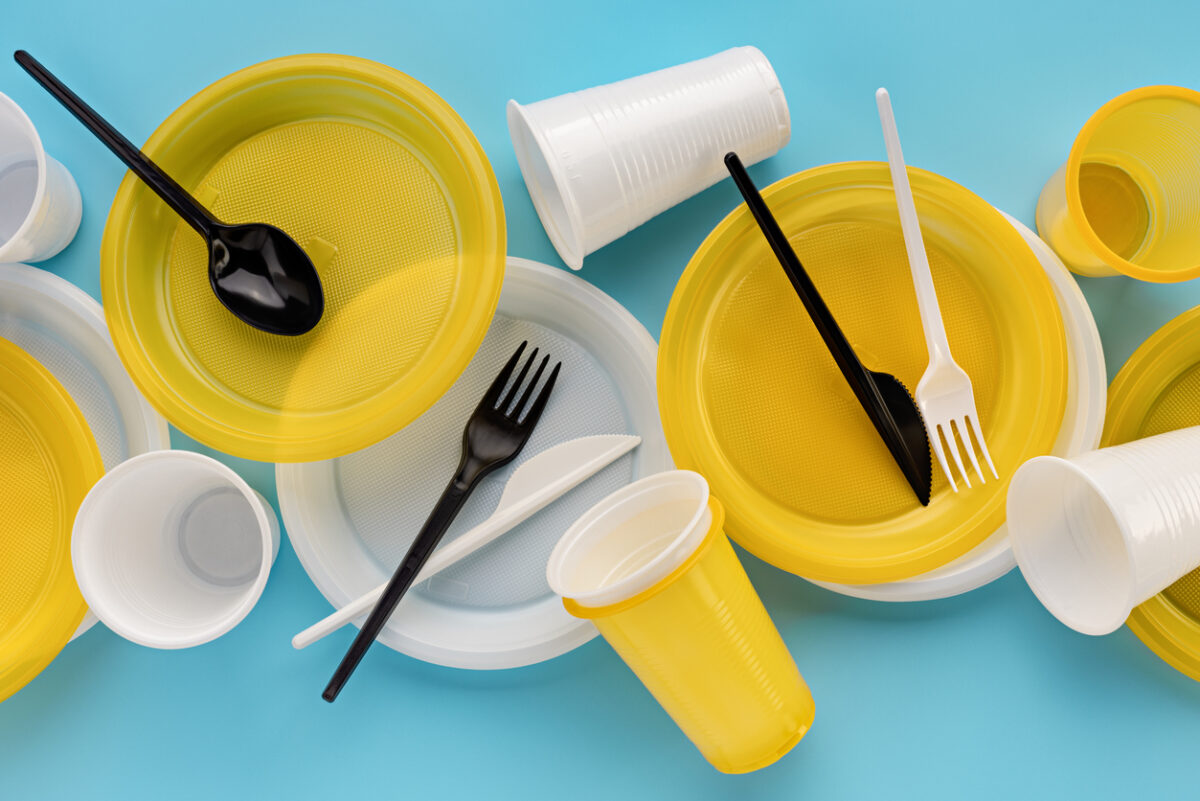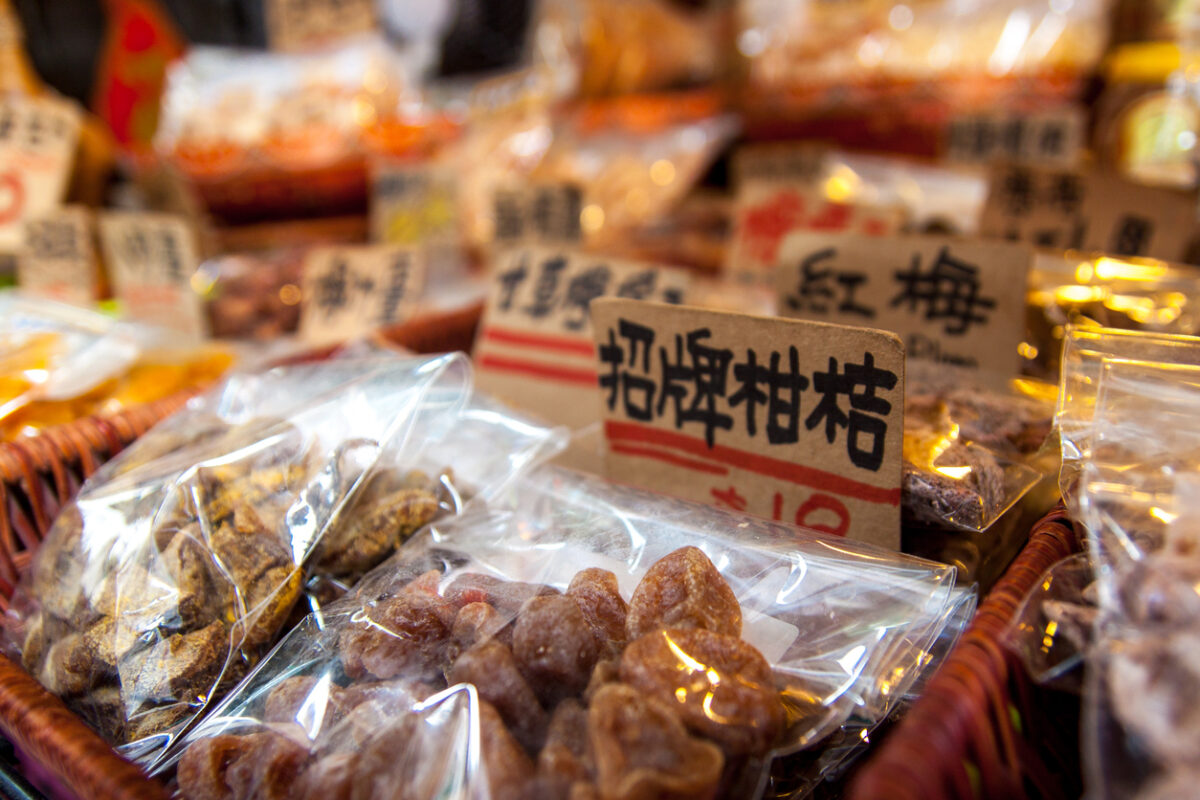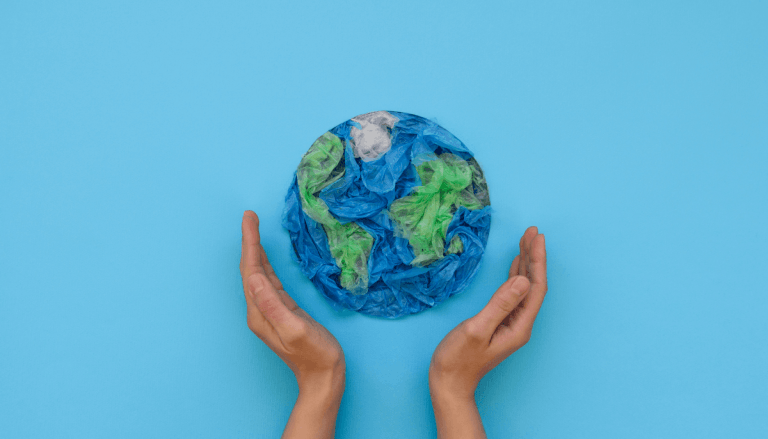Mondelēz partners with Amcor to develop advanced plastic recycling facility

Snacks producer Mondelēz International has teamed up with global packaging manufacturer Amcor to improve recycling solutions for plastic packaging in Australia.
As part of the partnership, both companies are investing in the recycling technology company Licella, to fund the construction of an advanced recycling facility which it says will be one of the first of its kind in Australia.
Once built, the space will be home to Licella’s Catalytic Hydrothermal Reactor (Cat-HTR) technology, which can turn end-of-life plastic into a crude oil substitute which can then be used for new food-grade plastic packaging.
The Cat-HTR technology employs a process called hydrothermal liquefaction, which uses hot, pressurised water to give a new life to plastic that would typically go to landfill.
Once it opens, Licella’s new facility, called Advanced Recycling Victoria, is expected to transform around 20,000 tons of end-of-life plastic into recycled material. With time, the company plans to scale up production to 120,000 tons per year.
Mondelēz says its partnership with Amcor will allow it to use recycled items from Licella’s site for its soft plastic packaging in Australia and cut down its need for ‘virgin plastic’ which contains no recycled materials. The company produces a range of local snack brands in the country such as Toblerone, Milka, and Cadbury Dairy Milk chocolate, plus Oreo, Ritz, LU, Clif Bar, and Tate’s Bake Shop biscuits and baked snacks.
“While plastic plays an important part in the security, quality, protection and preservation of food products, there is a gap in sustainable local recycling solutions,” Christine Montenegro McGrath, Senior Vice President and Chief Global Impact and Sustainability Officer at Mondelēz International said in a statement.
“Our packaging strategy is focused on using better packaging and helping to build better systems,” added McGrath. “This investment brings together multiple stakeholders in the supply chain to scale the infrastructure and technology needed to help create a more sustainable future for plastics and is part of our longer-term focus on working toward our goal of net-zero packaging waste by supporting circular economies.”
Support from the food industry is essential if Australia is to adopt more sustainable plastic waste solutions, according to CEO of Licella, Dr Len Humphreys.
“This is the leading technology of its kind globally, and it was developed here in Australia”, Dr Humphreys commented. “This investment will help advance our Australian facility at a time when demand for sustainable plastic solutions, that also help provide food-grade recycled content, is growing exponentially”.
Frank Lehmann, Vice President of Corporate Venturing and Open Innovation at Amcor added: “Amcor is continually seeking opportunities to invest in new technologies that will bring long-term benefits to our customers, consumers and the planet. We recognize our products can play a vital role in the circular economy, and partnerships like this enhance our ability to deliver innovative solutions for our customers, like Mondelēz International”.
A growing number of companies are developing new sustainable packaging solutions for the food industry. Last month, Israel-based Melodea launched a water-based, plant-sourced barrier coating, designed to allow more plastic food packaging to be recycled. In December 2022, Imperial College graduates Pierre Paslier and Rodrigo Garcia and founders of Notpla won the Earthshot Prize for their seaweed-based biodegradable plastic alternative.









